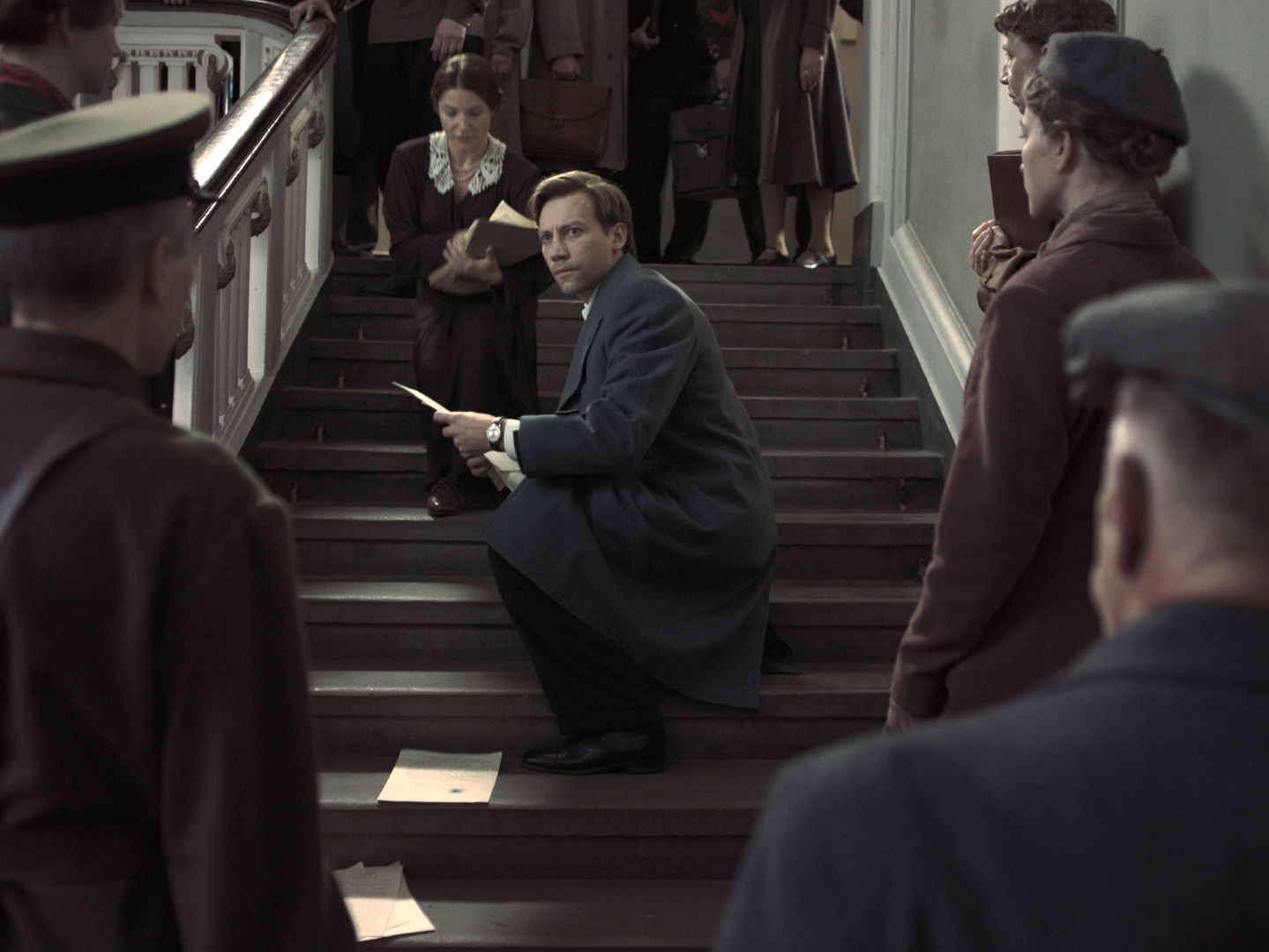The Tallinn Black Nights Film Festival (PÖFF) has announced the lineup for its eagerly anticipated Baltic Film Competition, featuring a selection of 11 films, including three world premieres. This year’s competition, curated for the eighth time by Edvinas Pukšta, focuses exclusively on Baltic fiction films and co-productions, while documentaries will be showcased in a separate program, Doc@PÖFF Baltic Competition.
Opening the competition is “Two Prosecutors,” directed by Sergei Loznitsa, a contender for the Palme d’Or at this year’s Cannes Film Festival. Pukšta described the film as “an obvious choice,” noting the filmmaker’s impressive track record and the involvement of a Baltic cast and crew, including regular Lithuanian editor Danielius Kokanauskis. The film is a significant European co-production, bringing together teams from Latvia’s White Picture and Lithuania’s Studio Uljana Kim.
Pukšta emphasized the festival’s commitment to highlighting not just outstanding Baltic features but also minority Baltic co-productions, showcasing the collaboration among the Baltic states. A notable example is the Finnish-Estonian film “Therapy,” directed by Paavo Westerberg, which will have its world premiere in Tallinn. The film features a strong ensemble cast, including Pihla Viitala and Tommi Korpela, and explores themes of change and relationships through a tragicomic lens.
Another highlight is “Becoming,” directed by debut filmmaker Zhannat Alshanova, which recently premiered at the Locarno Film Festival. This film represents a collaborative effort between five countries, with France leading the production, marking the first Lithuanian co-production with Kazakhstan.
Lithuania leads the competition this year with five films and two co-productions, while Latvia has two films and one co-production, and Estonia contributes two films. “Lithuania is ruling this year,” Pukšta stated, pointing to the promising newcomers Vytaukas Katkus and Gabriele Urbonaitė, whose films, “The Visitor” and “Renovation,” have garnered accolades at various festivals.
One of the standout films is “Borderline,” the third feature from Ignas Jonynas, which Pukšta is particularly excited to premiere. This gritty thriller showcases non-professional actress Danguolė Beinarytė in a compelling role.
Pukšta also expressed emotional resonance concerning the drama “Hunger Strike Breakfast” by Karolis Kaupinis, which follows a group in post-Soviet Lithuania protesting against Russian forces at a national TV station. He noted that this film indirectly reflects ongoing political instability in Lithuania, particularly following the recent resignation of Ignotas Adomavičius, a pro-Russian politician whose brief tenure sparked mass protests within the cultural community.
In light of this political backdrop, Pukšta has made it a point to include films that inspire and provoke thought. For instance, “The Activist,” directed by Romas Zabarauskas, offers a neo-noir perspective set in a neo-Nazi community, while “New Money,” directed by Rain Rannu, satirizes the world of cryptocurrency. Both films are set to have their international premieres at PÖFF after successful domestic runs.
The competition will also feature the Latvian world premiere of “Flesh, Blood, Even a Heart” by Alise Zarina, which Pukšta describes as a feminist narrative rich in humor and drama. Additionally, “Red Code Blue” by Oskars Rupenheits presents a police procedural set in Latvia’s early years post-independence, reflecting a time of mistrust.
The Baltic Film Competition will be judged by a distinguished panel, including Turkish filmmaker Gözde Kural, Georgian filmmaker Alexandre Koberidze, and Catalan producer Montse Triola.
With this year’s selection, the Tallinn Black Nights Film Festival continues to affirm its role as a vital platform for showcasing the depth and diversity of Baltic cinema, promising an engaging experience for audiences and filmmakers alike.







